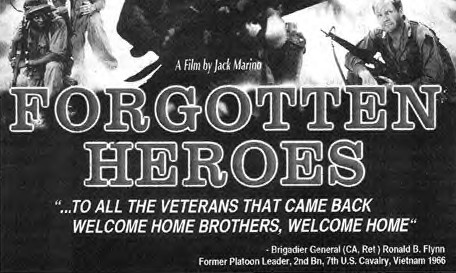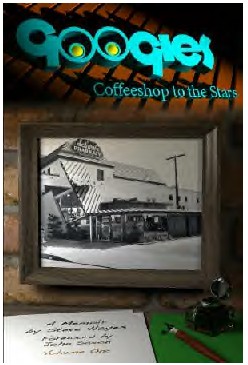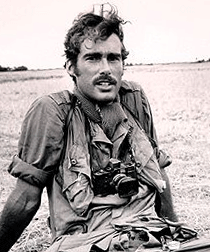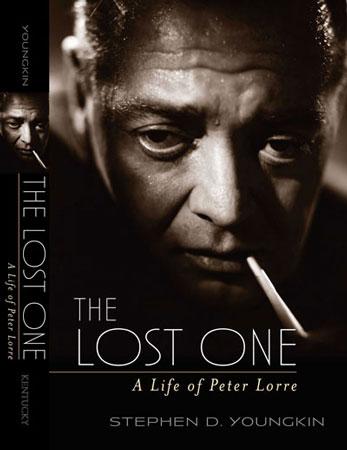By DAVE KEHR
Published: August 25, 2008
Errol Flynn Westerns Collection Review:
John Ford’s “Stagecoach,” the legend goes, rescued the adult western from the B-movie category into which it had fallen during the first years of the Depression, making it safe again for big budgets and big stars.
But that is an honor rightfully shared with Errol Flynn. This unruly Australian-born star lent his immense popularity to three hugely successful westerns in a row, beginning with “Dodge City,” released in April 1939, a month after “Stagecoach,” and continuing in 1940 with “Virginia City” and “Santa Fe Trail.” (“Stagecoach” was itself preceded by Henry King’s Technicolor “Jesse James,” released in January 1939, starring Tyrone Power.)
These Flynn westerns paired him with his Warner Brothers screen sweetheart, Olivia de Havilland, and were directed by Michael Curtiz, a Hungarian immigrant. Curtiz’s minimal level of engagement with the genre is suggested by the command he is said to have issued during the shooting of “The Charge of the Light Brigade”: “Bring on the empty horses!” — meaning the riderless mounts.
Apparently it wouldn’t do to have a bunch of foreign interlopers behind the rebirth of this most American of American genres. So Flynn’s role in the history of the western has largely been forgotten, despite the fact that he went on to appear in five more, including Raoul Walsh’s 1941 classic “They Died With Their Boots On.” But now that Warner Home Video has brought together four superbly mastered Flynn westerns — “Montana,” “Rocky Mountain,” “San Antonio” and “Virginia City” — in “Errol Flynn: The Warner Brothers Western Collection,” the moment is ripe for reappraisal.
On one level Flynn’s transition from swashbucklers to westerns makes perfect sense: after “Captain Blood” (1935) and “The Adventures of Robin Hood” (1938), his screen character had grown to such epic proportions that it required a correspondingly epic stage. And after he did his bit for the British Empire, the American West was just about the only other arena that could contain him.
But on another level, as Flynn is said to have observed, his accent and manner were too Continental to fit smoothly into the imaginary space of the American frontier. The screenplays for his westerns — many written by Robert Buckner — continually come up with ingenious explanations for the hero’s curious courtliness and exotic speech patterns: in “Dodge City” he’s an Irish soldier of fortune who finds himself herding cows in Kansas; “Montana” (1950) just throws in the towel and identifies Flynn as an Australian sheep farmer (among the many professions Flynn practiced) who dreams of bringing these white, woolly creatures to western cattle country.
But who could accept Flynn, with his pencil moustache and rakish smile, as a humble cowpoke in a 10-gallon hat? Warner Brothers got around this issue mainly through costuming, dressing Flynn in long frock coats that set him apart from the bandannas and bluejeans of the supporting players. With their slimmer profile, these costumes evoked the tailored three-piece suits of the 1930s far more than the mail-order dry goods of the 1880s. Wide-brimmed, flat-topped hats completed the ensemble, adding an ineffable touch of urbanity (and even a hint of zoot suit flair). This look established Flynn as a man apart, an aristocrat passing through the West without necessarily being a part of it.
The four films in the new set are interesting but of uneven quality. (Not included are “Dodge City” and “They Died With Their Boots On,” which were part of Warner Brothers’ “Errol Flynn Signature Collection: Volume 1”; “Santa Fe Trail,” which has fallen into the public domain and is available in several dubious versions; and “Silver River,” a fine Raoul Walsh film from 1948.)
“Virginia City” casts Flynn as a Union officer who escapes from a Confederate prison and is sent west on a secret mission to intercept a shipment of silver intended for the depleted coffers of the Confederacy. Its oddest element is Humphrey Bogart, pre-stardom, as an outlaw whose accent wavers unpredictably between French and Spanish. As a director, Curtiz never seemed happier than when he was staging elaborate tracking shots through crowded cafes (including a famous one, a couple of years later, under Bogart’s management). The gigantic saloon set of “Virginia City” gives Curtiz several opportunities to indulge himself, as Flynn and his opposite number, a Confederate officer played by Randolph Scott, compete for the affections of the star attraction, a singer played by Miriam Hopkins.
“San Antonio” (1945) repeats the formula, although this time in Technicolor and with the regal Alexis Smith as the singer. The director is David Butler, best known for his musical comedies (“Calamity Jane,” 1953); not surprisingly, he emphasizes the comedy (in the hands of S. Z. Sakall and Florence Bates) and musical elements. (Smith is a vision in white satin and rhinestones, performing “Some Sunday Morning.”)
With a brief running time of 76 minutes, “Montana” has the feel of a troubled production. Both Vincent Sherman and Raoul Walsh did some directing work on the project, which was ultimately signed by Ray Enright. Near the end of his Warner Brothers contract, Flynn was starting to show signs of his drug and alcohol addictions, and the film, despite some handsome Technicolor interiors photographed by Karl Freund, is choppy and lifeless.
But Flynn’s final western, the little-known “Rocky Mountain,” turns out to be a small discovery. Its black-and-white photography and restricted scale suggest the rapidly shrinking budgets that accompanied the late-’40s collapse of the studio system, yet both of these elements work to the benefit of this taut little tale of a Confederate raiding party, led by Flynn, pinned down on a mountaintop by Union troops and Shoshone Indians. The director, William Keighley, was Warner Brothers’ specialist in adapting Broadway stage comedies (“The Man Who Came to Dinner,” 1942), and he makes the most of the confined setting, drawing sharp characterizations from a supporting cast that includes Guinn Williams, Slim Pickens (in his first film) and Howard Petrie, as well as Patrice Wymore (soon to become the third and last Mrs. Flynn) as the troubling female presence.
Like several westerns of the period, “Rocky Mountain” is defined by a very unwestern sense of claustrophobia and entrapment. With the slightest push, the picture would be a film noir, and its climax is appropriately somber. Much of the credit must go to the cinematographer, Ted McCord, a great landscape artist (“The Treasure of the Sierra Madre”) who was also fluent in the high-contrast style of studio noir (“Flamingo Road,” “Young Man With a Horn”). The western, in its infinite richness, continues to yield surprises. (Warner Home Video, $49.98, Now On Sale for $34.99, not rated)
Thanks to Tom
— David DeWitt





